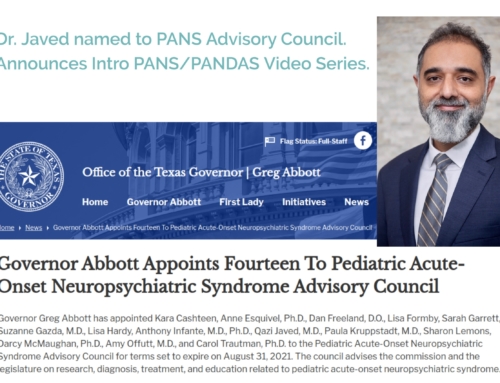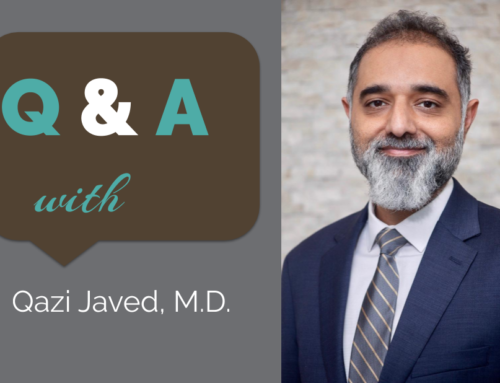In 1951 a sociologist named Talcott Parsons, coined the concept of Sick Role. It tries to define the role of a sick person in a society. Sickness or illness is viewed as a departure from the regular state of affairs in a society. Society tends to give people roles in order to propagate its aims.
Any roles that are not in line with the needs of a society create a dissonance. This dissonance lasts till the society produces a remedial role to correct the unstable effects arising from the dissonance. Let’s consider an example. If a society is at a developmental point of a revolution, there are certain archetypal roles that are going to be present to bring out a revolution. These roles might include roles of a freedom fighter or resistance or oppressive ruler. At this juncture a role of a peacemaker might not be conducive to the developmental need of a revolution, so society will create a role that will quell the efforts of a peacemaker. An illness in an individual similarly goes against the need for productivity that a society might have. So for an illness to be accommodated in a society, a sick role is assigned to the sick. The sick role comes with several rights and obligations.
The rights of a person with sick role are
-The sick person is exempt from normal social roles
-The sick person is not responsible for their condition
The obligations of a person with sick role are
-The sick person should try to get well.
-the sick person should seek technically competent help and cooperate with the medical professional.
So how do these complicated musings of Mr. Parsons, make life better in any way. I oftentimes use the concept of sick role to address guilt of people who need to rest and heal and convalesce. For example people usually end up feeling guilty when they have to rest after a fracture of their leg especially if they cannot meet any obligation because of it. Since guilt is something that can get in the way of happiness, a method of dealing with that guilt can sometimes literally be life saving.
For example a young teenage football player who had non healing fracture of his leg. He was the star of his team and he felt terrible at letting his team down by not being able to play. Especially since they lost an important game. His social popularity also dependent on football. This young man refused to let his leg heal. He would be seen putting weight on his leg often. He would downplay his leg pain and would sometimes be seen running on his cast. His orthopedic surgeon gave him a talking-to which according to his parents he laughed off. He responded very well to being introduced to the sick role. He was able to rest, get help, heal and that helped him deal with part of his guilt.
The above stated teenager is a hypothetical person but the same dynamic is very common. Using sick role remains equally pertinent and important, if we replace the fractured leg, with mental health concerns like depression or substance use and if we replace some of the other factors. In the above example, guilt was something that was hidden under the surface but in a lot of mental health concerns, guilt is the biggest problem. The guilt of not being good enough. Compensatory behaviors to deal with that guilt are quite common and tax the energy of a person that is already struggling to heal. This creates a snow ball effect. Understanding recovery through the sick role helps a person set a finite time during which those compensatory behaviors do not need to be present. That frees up psychic energy to be channeled into recovery rather than hiding from oneself and others (which is usually what compensations are about).
Sick role with a few minor variations exists in chronic illnesses as well. Like insulin dependent diabetes mellitus or anxiety disorders. In those cases, society (atleast our hypothetical reasonable society) does exempt a person from functioning in a role that would exacerbate the chronicity and make the condition acute. In chronic sick role, the responsibility of the person to prevent worsening of the illness is treated the same as would be the attempts of a person to get well in an acute sick role.
In the end I would summarize the whole article by saying, “If you hurt, please give yourself every opportunity to heal. You are allowed that, in fact that is what is expected of you”.






